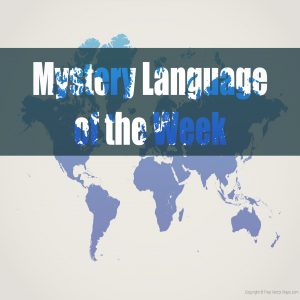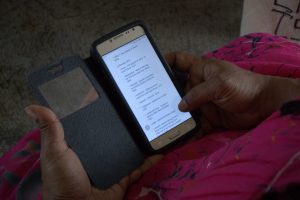I had a message from the ‘pop up archive‘ to say they are closing down and I should download my data. They were a website that allowed users to upload audio files that were then meant to be prepared for searching via automated recognition of features in the file.
Leaving aside the functionality of the site (I admit I did not get it to work with my files), I want to reiterate my frustration with websites that call themselves archives (ok, so in this case the title ‘pop up’ should have been a giveaway), only to disappear at the end of a funding cycle or the retirement of the researcher.
In part this frustration is also motivated by a recent project in which I compared languages that have little representation in the OLAC listing (see the earlier discussion of this here) of holdings in the world’s language archives but have had a grammar written recently. If a linguist has worked on a language in the past thirty or so years then it would be reasonable to expect that some primary records were produced, and that they should be in an archive. They may be in a repository that is not part of OLAC, in which case we can create a record to point to that collection. If they are not in any archive, the task is to ask the linguist if they need help to get the records into an archive. At PARADISEC we have been doing this, partly through our ‘Lost and Found’ survey, which has resulted in a number of collections of analog tapes being digitised and made available.
Read more
 Follow
Follow

